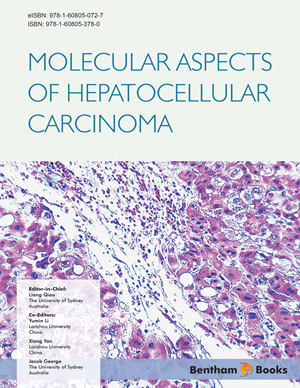Abstract
A pre-requisite for tumour growth and metastasis is angiogenesis, the sprouting and growth of new capillaries from pre-existing blood vessels. Tumours without the ability to induce the growth of new capillaries remain small, in the order of 1-2 mm3 [1]. Drugs are now available, such as Bevacizumab, to inhibit angiogenesis and human tumour growth. Hepatocellular carcinoma (HCC) is a very aggressive human cancer, has clear angiogenic characteristics and patients with HCC have a very poor clinical outlook. In this context, we review the mechanisms of the predominant angiogenic pathways and how their targeting can impact on liver tumour growth. We also discuss the role of hepatitis in influencing liver tumour blood vessel growth. Equally, the role of the hepatic manifestation of the metabolic syndrome, non-alcoholic fatty liver disease (NAFLD) and non-alcoholic steatohepatitis (NASH) is considered, since it is now one of most common causes of liver disease in Western Societies. There are links between angiogenesis and metabolism and although poorly researched in respect of HCC, these we examine as they may impact on liver tumour formation and progression. Finally, we report on the current status of trials of anti-angiogenic HCC therapy and consider the potential limitations of such a therapeutic strategy.
Keywords: Angiogenesis, hepatocellular carcinoma, anti-angiogenic therapy.






















